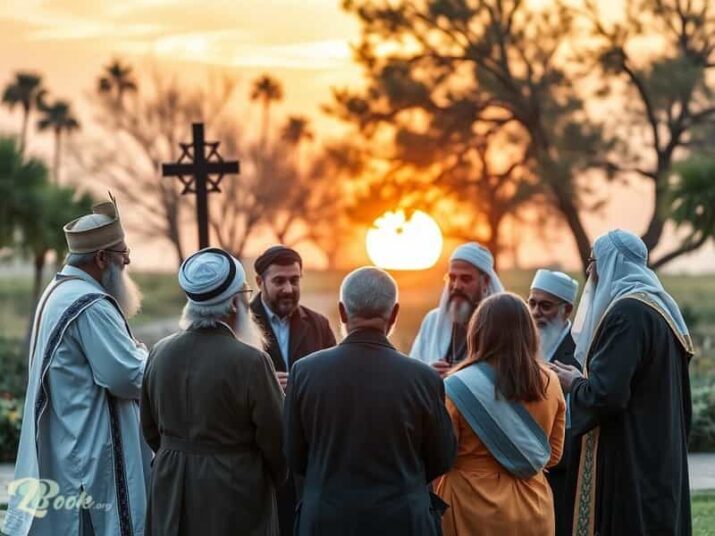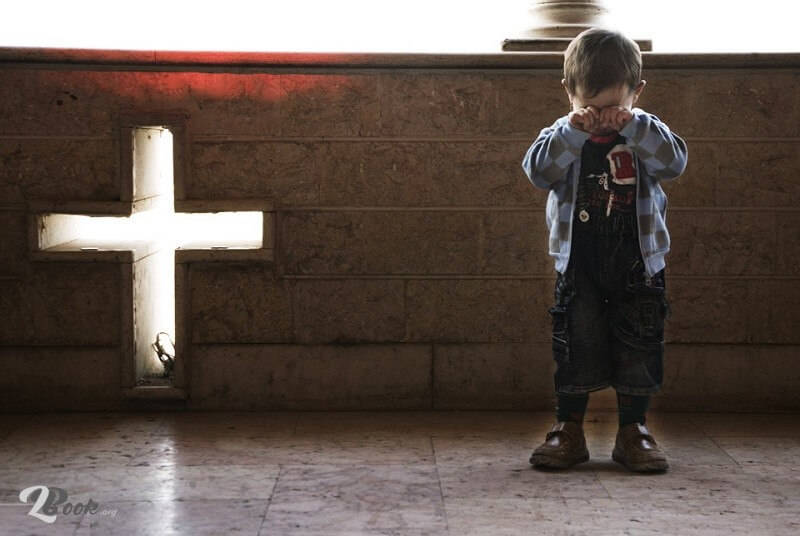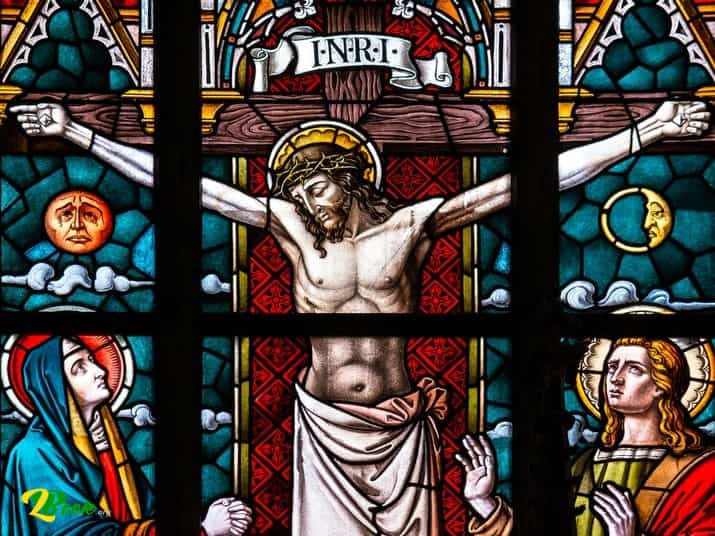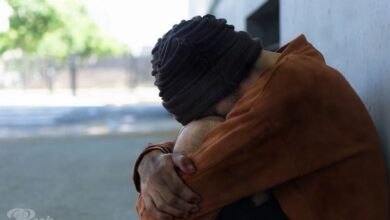Every Five Minutes a Christian Is Killed for His Faith
Every Five Minutes a Christian Is Killed for His Faith
Ongoing Violations of Christian Rights: A Grim Reality and Proposed Solutions
Christians around the world live under the weight of persecution and discrimination, with statistics indicating that approximately 105,000 Christians are killed annually for their faith. This figure does not include victims of civil wars; rather, it represents martyrs who are intentionally killed simply for being Christians. In a statement by sociologist and researcher Massimo Introvigne, it was emphasized that “every five minutes, a Christian is killed for their faith in the world.”
This situation represents a significant humanitarian crisis that requires urgent international attention. The shocking numbers indicate that a continuous crisis demands concerted efforts from governments, religious institutions, and civil society. We must be aware of the importance of this issue, as it extends beyond mere numbers to encompass the profound human suffering experienced by individuals and their families. Ignoring these realities is not an option; it requires all of us to stand up and engage actively.

Statistics and Basic Information
In his address at the World Conference on Interfaith Dialogue in Gödöllő, Hungary, Introvigne highlighted the importance of raising awareness about these numbers. If the persecution of Christians is not recognized as the world’s primary emergency, then interfaith dialogue may yield no tangible results, becoming merely beautiful conferences without real impact. The lack of action from the international community could exacerbate the situation, allowing violations to proliferate if they are not addressed.
In this context, international organizations and governments must work urgently to increase awareness of this issue. Initiatives aimed at gathering data and statistics related to violations are essential to form a clearer picture of the current situation. Utilizing this information in advocacy campaigns can help pressure governments to take effective action.
The Importance of Global Voice
The current situation necessitates a global movement to raise awareness about these violations. It is crucial for all stakeholders, including governments and religious institutions, to collaborate to ensure that the voices of these victims are heard. Ignoring these staggering numbers of deaths is considered a betrayal of fundamental human rights. We must remember that each number represents a person with family, friends, hopes, and dreams.
Raising awareness about these issues can lead to international pressure on governments to fulfill their role in protecting minority rights. Open and transparent dialogue between religions and communities may have a positive impact on promoting mutual understanding and tolerance. We must work together to find effective, tangible solutions centered around human rights.
Legislative Project to Protect Christian Minorities
In light of this alarming situation, Egyptian diplomat Ali Mohamed announced a legislative project aimed at protecting Christian minorities in Egypt. This project seeks to classify slogans advocating violence as crimes punishable by law. This development is a positive step towards enhancing minority rights and ensuring their protection from persecution. The existence of a legal framework protecting Christians’ rights can contribute to reducing instances of violence and discrimination, thereby enhancing the stability of local communities.
Furthermore, the implementation of this law may reflect the state’s commitment to supporting religious diversity and promoting peaceful coexistence among faiths. If this project is effectively executed, it could empower minorities to practice their religious rituals freely and safely. Such initiatives strengthen trust among various segments of society and demonstrate a genuine political will for change.
The Legal Significance of the Project
This project is an indicator of the growing awareness of the importance of protecting minority rights. If effectively applied, it could help reduce cases of violence and discrimination against Christians, thereby reinforcing the stability of local communities. The existence of a legal framework protecting these individuals is vital in confronting current challenges.
This project should be accompanied by awareness campaigns to inform people about their rights and responsibilities. Additionally, effective mechanisms should be in place to monitor the implementation of this law and ensure the protection of minorities. Collaboration between the government and civil society organizations will be essential in this context to ensure a comprehensive response to the challenges faced by Christians. We must remember that rights come with responsibilities, and protecting the rights of others is an integral part of promoting everyone’s rights.
The Silent Migration of Christians
Cardinal Peter Erdő pointed out that the real danger lies in the “silent migration” of Christians from their lands. Christians in the Middle East live under constant threat, prompting them to migrate in search of safety. This phenomenon affects not only individuals but also threatens the cultural and religious identity of communities in the region.
The mass migration could lead to the loss of a long history of coexistence among various cultures and religions. Additionally, this situation signals new challenges for receiving countries, which must develop effective strategies to assimilate migrants and provide the necessary support. European governments, for example, need to be prepared to welcome these migrants and assist them in adapting to their new environments.
Consequences of Migration
The mass migration of Christians leads to the erosion of traditional communities, creating a cultural and spiritual void. Furthermore, these new waves of migrants heading to Europe may bring with them new challenges related to integration and coexistence. There must be a comprehensive response from European countries to meet the needs of these migrants.
The current situation requires European nations to seek sustainable solutions that ensure the rights of migrants and help them adjust to their new surroundings. These solutions should include education and vocational training, as well as healthcare and psychological support. Failing to address these issues could exacerbate social tensions and foster hostility towards migrants.
Children as Victims of Persecution
Metropolitan Hilarion noted that among the victims of persecution worldwide, there are at least one million Christian children. These children suffer from the loss of parents and displacement, significantly impacting their futures. Protecting children’s rights in these dire circumstances is a collective responsibility that requires the dedication of the international community.
We must remember that children are the most vulnerable in these crises and need special support and care. Providing education and healthcare for these children is essential to rebuilding their lives and securing their futures. Efforts should focus on providing psychological and social support for children affected by persecution. Having dedicated programs for children can help enhance their coping abilities and give them hope for a better future.
The Importance of Supporting Children
Adequate resources must be allocated to support children affected by persecution, as these resources play a crucial role in improving their lives. Educational programs should equip children with the knowledge and skills necessary to build their futures. Moreover, these programs should include psychological support to help them overcome traumatic experiences.
Advocating for children’s rights in these challenging circumstances should be a priority for the international community. The success of support efforts requires close collaboration between governments and non-governmental organizations. We must be committed to providing a better future for these children who have suffered injustice.
The World Conference on Interfaith Dialogue
The World Conference on Interfaith Dialogue was organized in Gödöllő, aiming to promote dialogue among Christians, Jews, and Muslims. Prominent figures from various religions, including Cardinal Peter Erdő and European archbishops, participated in this conference. This conference represents an opportunity to enhance mutual understanding and open channels of dialogue among different faiths.
Strengthening interfaith dialogue offers hope for building more tolerant and understanding communities. There should be clear strategies to translate these discussions into actionable steps, encompassing cooperation in education and culture.
Goals of the Conference
The conference aims to build bridges of communication between religions and communities, providing a platform to discuss the challenges facing minorities. Enhancing interfaith dialogue can contribute to reducing tensions and achieving peace. Sufficient resources should be allocated to ensure the success of these initiatives.
The presence of religious leaders from diverse backgrounds can promote understanding and tolerance, opening doors for greater collaboration. Dialogue should be transformed into tangible actions that reflect shared human values and promote peaceful coexistence among communities.

Recommendations
Enhancing Global Awareness
The international community must intensify efforts to raise awareness of the violations faced by Christians. This can be achieved through organizing international conferences and workshops focused on religious freedom. Additionally, media outlets should highlight these violations more prominently. There should be awareness campaigns aimed at educating people about the importance of respecting minority rights. Utilizing social media to disseminate information can enhance the reach of the message to a broader audience.
Pressuring Governments
Governments and international organizations must exert pressure on countries that violate Christian rights. Clear sanctions should be established concerning the failure to protect minority rights. The effective use of diplomatic tools can make a real difference in improving the situation for Christians in countries facing persecution. There should be effective mechanisms to monitor the implementation of these policies and ensure justice is served.
Supporting Local Communities
Providing financial and moral support to local Christian communities can help enhance their ability to face challenges. This support should include building churches and providing education and healthcare. Supporting developmental projects can encourage stability and strengthen communities’ resilience in the face of challenges. Humanitarian organizations should collaborate with governments to provide the necessary support for affected communities.
Promoting Interfaith Dialogue
Interfaith dialogue is a crucial step toward fostering understanding and tolerance. Initiatives that bring together religious leaders from diverse backgrounds to promote tolerance should be encouraged. The existence of platforms for dialogue can enhance the exchange of ideas and experiences, helping to achieve sustainable peace. Resources should be allocated to ensure the continuity of these initiatives and achieve tangible results.
Conclusion
Violations against Christians remain a vital issue requiring urgent responses from the international community. We must all work toward a world characterized by peace and tolerance, where everyone can freely and safely practice their faith. Striving to achieve these goals is not just a moral obligation but a humanitarian necessity to ensure a better future for all. Achieving these objectives requires concerted efforts from all stakeholders to ensure that the rights of all individuals are prioritized, regardless of their beliefs.
More Human Subjects
- After Raping Her, They Put The Cross in Her Mouth
- Is There A True Friend In This Time – What Is A Friend?
- We Are the Dirtiest Nation Ever Created (Writer Wafaa Salma)
- God’s Commandment Says, Honor Your Father and Your Mother
- Does the Word of God Have an Impact on Your Life?
Is There A True Friend In This Time – What Is A Friend?







